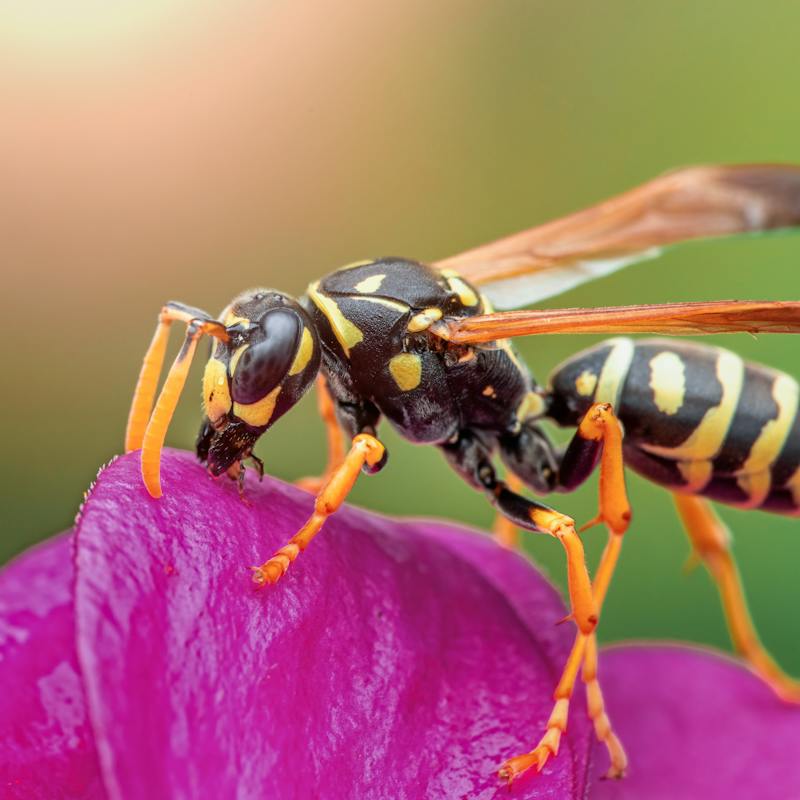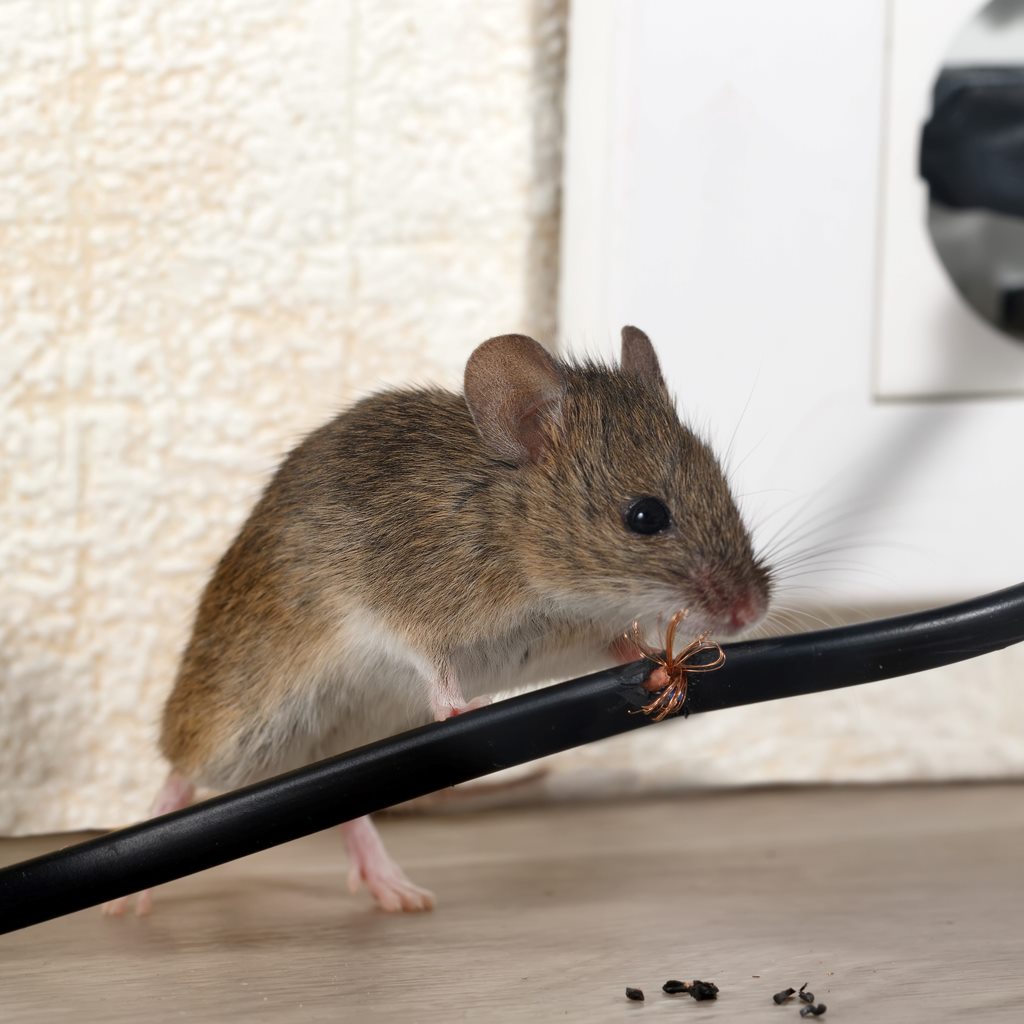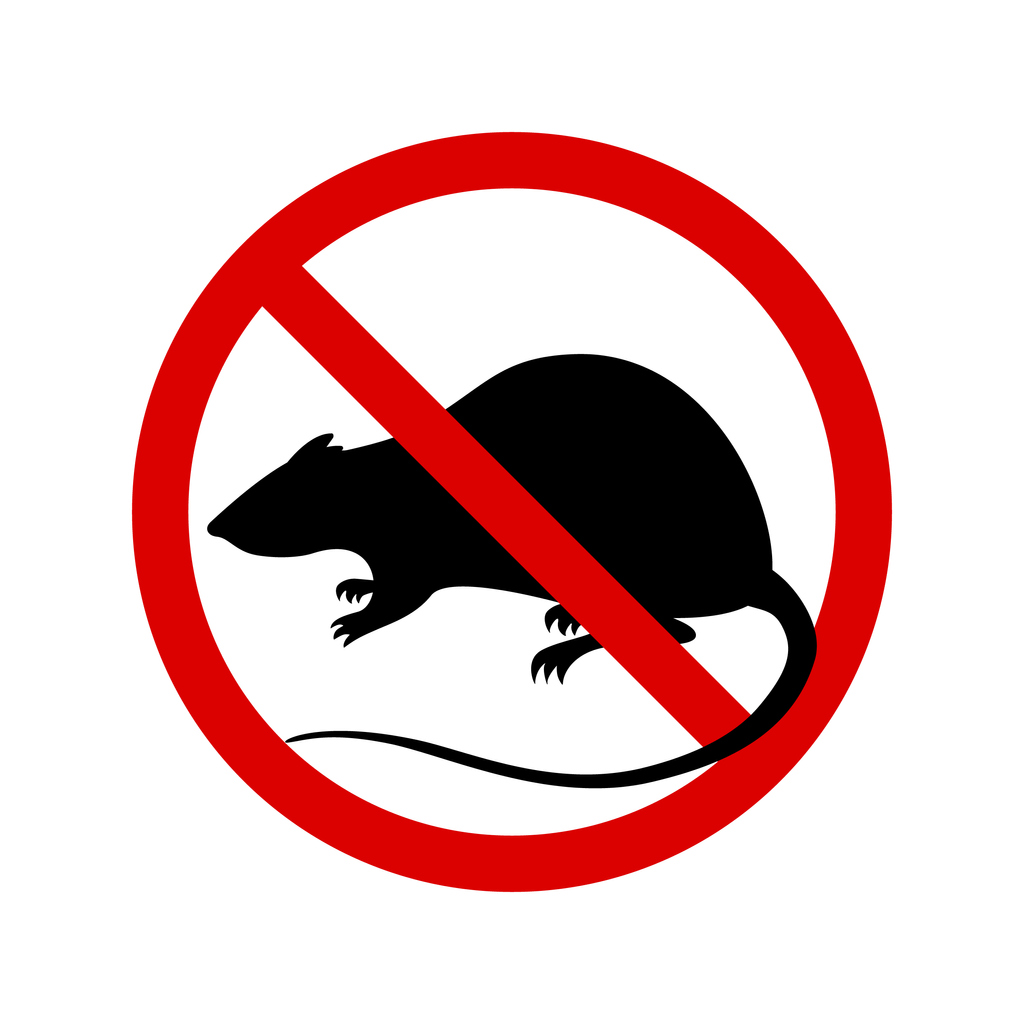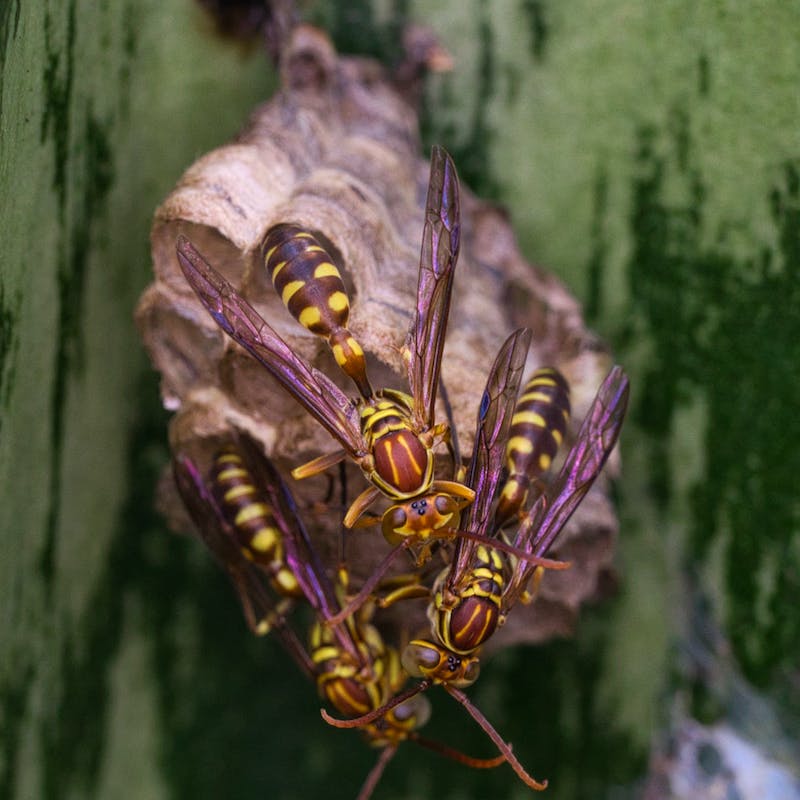
19 Nov 2023 | Trifecta Pest Solutions (UK) Ltd
If you’ve found a wasp nest in your garden or walls, you may simply be tempted to leave it. But how can you do this if you don’t know how long wasps nests last? In this guide, I explain the lifecycle of a wasp colony so you can understand how potentially big the problem could be, and why simply leaving it may not be the best idea.
To give you an idea, a wasp nest will typically remain active and last for 3-4 months between late spring and late summer. That being said, read on to find a more detailed answer to the question, how long do wasps nests last?
Typical Wasp Nest Cycle
Part of wasp control is understanding their behaviour and colonisation patterns. With a keen insight into how wasps work we can devise action plans easier for nest removal. Below I have outlined the typical wasp nest cycle and how the colony works during the four seasons.
Spring - The beginnings of the colony
Springtime represents the birth of the colony. During this period the queen comes out of hibernation and gets to work. She finds a suitable location (i.e. your garden or walls!) and starts the colony by laying a ridiculous 200-300 eggs per day. The colony starts to expand but wasp numbers are relatively low.
Summer - Time to expand
Summer is where the real population growth happens and this is when you can expect the highest concentration of wasps. During this time there can be anywhere between 5000-10,000 wasps in the colony! Over time, the size of the nest grows where initially it could be the size of a tennis ball, and end up the size of a football or basketball!
Late Summer - Peak colony growth
Towards the end of the summer, the colony is at its zenith and this is when the queen lays eggs that will eventually develop into the next generation of queens and fertile males.
Autumn/Winter - An era comes to an end
Autumn brings a cooling of temperatures and this is when the colony starts to die. The queen will reach the natural end of her life while the new queens she laid will go out to hibernate away from the colony. With the queen’s reign ending, the colony inevitably collapses and the wasps start to die.
How Can I Tell if a Wasp Nest is Active?

Aside from understanding the typical cycle involved with wasps, it’s important to know how to tell if the nest is active too. Now, without sticking your head next to the nest and poking inside (this is a joke! Never do this!), checking the activity of a nest relies on detective work.
You essentially have to spy on the wasp nest and check for activity. This is why it’s vital to know how long do wasps nests last as depending on the season and time of year you should easily be able to tell.
All you can do is monitor the activity outside the nest and watch for wasp movement. If the nest is active, you should still see a large number of wasps in and around your garden, and buzzing around the nest location.
Pro Tip - Because wasps are generally inactive at night, it’s best to conduct your detective work during the day.
Will Wasps Return to the Same Nest?
I understand that you may have reservations about having a wasp nest removed. Surely they will just come back next year and re-inhabit the nest? This seems logical, but wasps rarely reuse the same nest year after year.
Once their annual cycle has completed and the new queens have gone to hibernate, the nest is abandoned and will typically be not used again. However, if your garden or home has great nest-building qualities, wasps could return to the same general area and make a new nest.
A simple way to discourage this is to build a fake nest! You can buy fake wasp nest structures online and they are made from materials that are meant to mimic the patterns and colours of actual nests. These work as an excellent deterrent as wasps are territorial and they are highly unlikely to build a nest where they think a competing hive already exists!
Get Wasp Nests Professionally Removed for Your Safety
So, to answer the original question, how long do wasps nests last? Approximately 3-4 months during the summer with the initial building taking place during late spring, and the decline of the nest happening towards the end of August.
While this is a short period, I still advise if you find a wasp nest on your property to have it professionally removed. This is easier in the long run and means you don’t have to contend with these irritating insects while you are trying to enjoy your summer.


